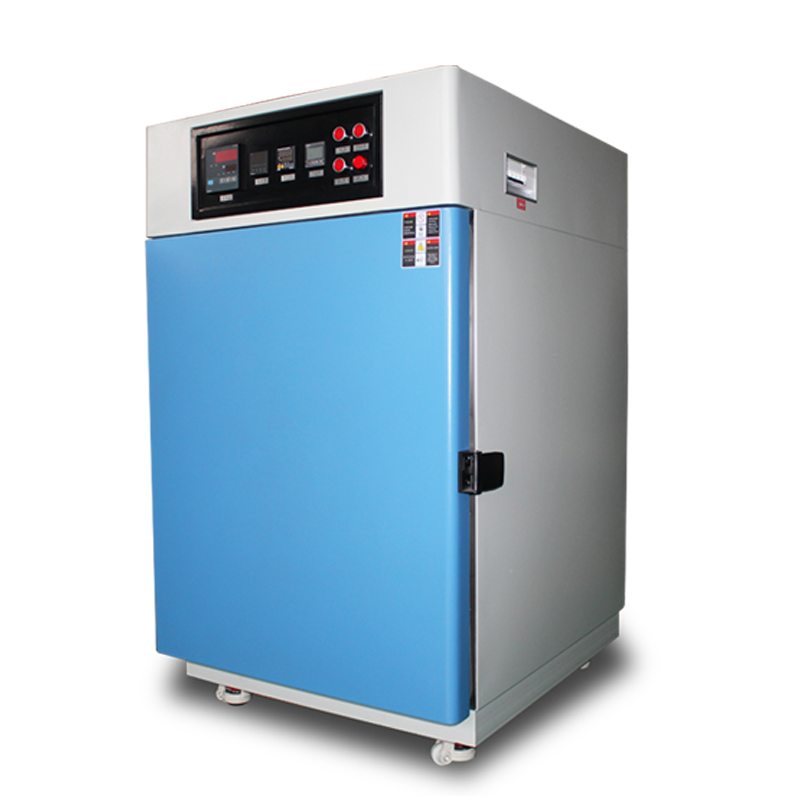Noise refers to unwanted sound in a given environment. If there is noise inside a high-temperature aging test chamber, what should be done? In practice, users often notice that the materials used in the basic structure of such chambers are relatively thin and prone to vibration, such as the rear cover plate, top cover plate, etc. Additionally, prolonged use without proper maintenance can lead to noise during operation. The primary source of noise is typically the compressor.
As a critical component of the refrigeration system, the compressor plays a vital role in the overall functionality of the equipment. If the compressor malfunctions, normal reliability testing cannot proceed. To help users operate the equipment more effectively, we will analyze common compressor noise issues and provide solutions.
When the Compressor Produces Abnormal Noise, the Following Three Aspects Should Be Checked:
-
Piston Rod Colliding with the Exhaust Valve
- Solution: Check whether the exhaust valve mounting bolts are loose.
-
Worn Pump Housing
- Solution: Replace with a new pump housing.
-
Damaged Bearings
- Solution: Repair or replace the bearings.

- Solution: Repair or replace the bearings.
If the Noise is Caused by Abnormalities in the Refrigeration System, the Following Solutions Can Be Applied:
-
Loose Fastening Screws Causing Vibration
- Solution: Tighten the screws securely.
-
Excessive Refrigerant Oil Leading to Liquid Slugging
- Solution: Check the oil level and remove excess refrigerant oil.
-
Refrigerant Entering the Valve and Causing Liquid Slugging
- Solution: Reduce refrigerant flow or decrease the refrigerant charge.
Over time, high-temperature aging test chambers may develop noise due to component wear, deformation, or air mixing with oil. If parts are deformed or worn, replacement is necessary. If air mixes with oil, promptly vent it and ensure proper sealing to prevent re-entry, which can reduce noise. Additionally, low-quality electronic components, aging parts, or loose fittings may also contribute to noise.
Our high-temperature aging test chambers are manufactured with high-quality components and backed by excellent after-sales service to minimize operational issues. Customers in need are welcome to contact us for further assistance.













